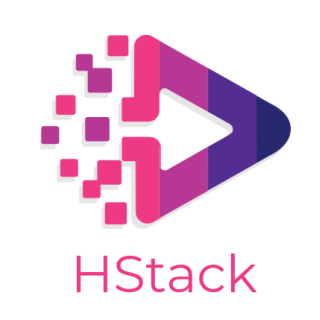MongoDB is a powerful, open-source NoSQL database that offers high performance, high availability, and automatic scaling. As a document-oriented database, it stores data in flexible, JSON-like documents, allowing for dynamic schema design. In this comprehensive guide, we will explore the key features, benefits, and use cases of MongoDB.
What is MongoDB?
MongoDB is a leading NoSQL database that differs from traditional relational databases by storing data in documents instead of tables. This approach provides greater flexibility and scalability, making it ideal for handling big data, content management, and real-time applications. MongoDB was developed by MongoDB Inc. and was first released in 2009. Since then, it has become one of the most popular databases for modern applications.
Key Features of MongoDB
Document-Oriented Storage
MongoDB stores data in documents, which are similar to JSON objects. Each document contains a set of key-value pairs, and documents are grouped into collections, which are the equivalent of tables in relational databases. This model provides a flexible and dynamic schema, allowing fields to vary between documents and making it easier to model real-world entities.
Schema Flexibility
Unlike relational databases that require a predefined schema, MongoDB allows for a flexible schema. This means that you can add or remove fields from documents without affecting other documents in the collection. This is particularly useful in agile development environments where requirements may change frequently.
Scalability
MongoDB is designed to scale horizontally through sharding, which distributes data across multiple servers. This ensures that the database can handle large volumes of data and high throughput. MongoDB also supports replication, which provides high availability and data redundancy.
High Performance
By storing data in a document-oriented format, MongoDB reduces the need for complex joins and allows for faster data retrieval. Indexes can be created on any field, improving query performance. In-memory computing capabilities further enhance performance for read and write operations.
Use Cases for MongoDB
Web Applications
MongoDB is widely used in web applications due to its ability to handle large amounts of data and provide high performance. Its flexible schema design allows developers to adapt quickly to changing requirements, making it ideal for agile development.
Big Data and Analytics
With its scalability and performance capabilities, MongoDB is suitable for big data applications. It can store and process large volumes of data efficiently, making it a good choice for analytics, machine learning, and data mining applications.
Content Management Systems
Content management systems can benefit from MongoDB’s flexible data model. As content types and structures can vary greatly, MongoDB allows for easy storage and retrieval of diverse content without the constraints of a fixed schema.
Getting Started with MongoDB
Installation
Installing MongoDB is straightforward. It is available for Windows, MacOS, and Linux. You can download the community edition from the official MongoDB website and follow the installation instructions for your operating system.
Basic CRUD Operations
CRUD stands for Create, Read, Update, and Delete. These are the basic operations you can perform on data in MongoDB.
Create
To insert a new document into a collection:
db.collection.insertOne({"name": "John Doe", "age": 30, "occupation": "Engineer"})Read
To find documents in a collection:
db.collection.find({"occupation": "Engineer"})Update
To update an existing document:
db.collection.updateOne({"name": "John Doe"}, {$set: {"age": 31}})Delete
To delete a document from a collection:
db.collection.deleteOne({"name": "John Doe"})Conclusion
MongoDB offers a robust and flexible solution for modern database needs. Its document-oriented model, scalability, and high performance make it a preferred choice for many developers and organizations. Whether you are building a web application, handling big data, or developing a content management system, MongoDB provides the tools and capabilities to manage your data effectively.
